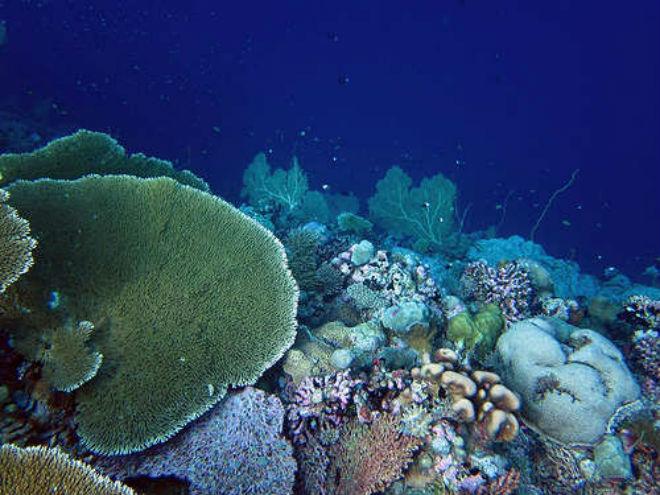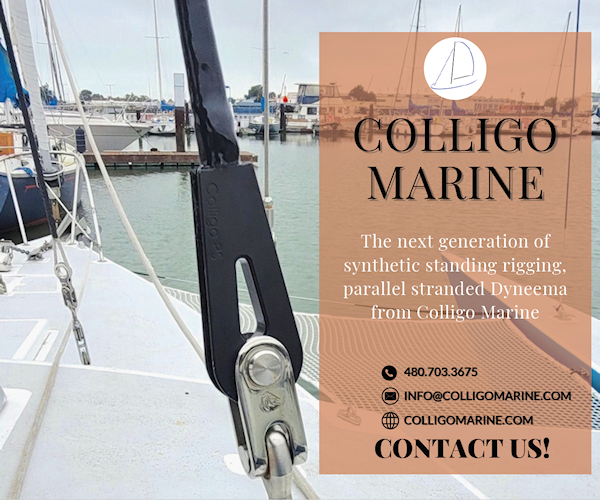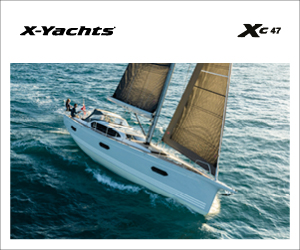Corals vary due to earthquakes and volcanoes according to ARC study
by ARC Centre of Excellence Coral Reef Studies on 25 May 2013

Coral Reefs ARC Centre of Excellence Coral Reef Studies
http://www.coralcoe.org.au/
Colossal forces in the Earth’s crust explain why the abundance and richness of corals varies dramatically across the vast expanse of the Indian and Pacific Oceans, a world-first study from the ARC Centre of Excellence for Coral Reef Studies (CoECRS) has found.
This new finding has major implications for corals under climate change: if rich coral communities arise from geological processes that take place over millions of years, they will be even harder to replace if lost due to global warming.
Scientists from CoECRS reveal for the first time that abrupt changes in the mix of coral species are associated with earthquakes, volcanoes, and jostling among the Earth’s giant tectonic plates. The study shows that slow geological processes generate the patterns of reef biodiversity that we see today, and explains why some coral species are more widespread than others.
'There are many theories to explain how coral reefs came to be,' says lead author, Dr Sally Keith of CoECRS and James Cook University. 'Traditionally scientists have tested these theories by looking at where species occur. We used a fresh approach that focused on where species stopped occurring and why.'
'Our results were striking', says Dr Keith. 'Unexpectedly, we found that coral species are not limited by sudden changes in the environment or large gaps in habitat – but rather by major geological events such as the clash of two giant tectonic plates.'
The team concludes that the slow movement of the Earth’s crust over millions of years has gradually created the biodiversity pattern we see across the Oceans today.
'For example, Hawaii is a chain of volcanic islands that has formed as a tectonic plate moves over a ‘hotspot’ of molten rock. The rock repeatedly punches through the Earth’s crust as lava, producing volcanoes that jut out above the ocean surface, eventually forming a chain of volcanic islands,' explains Dr Keith.
'Over time, corals spread across the island chain using the islands as ‘stepping stones’, while at the same time they remaining isolated from the rest of the Pacific. As a result, a distinct set of Hawaiian coral reefs arises.'
The team discovered that species’ traits, such as their age or ability to tolerate deeper habitats, have influenced the success of corals in moving from one region to another – probably because older and more versatile species have a greater likelihood of survival when entering new environments.
The discovery has big implications for coral reefs in the face of climate change.
'Climate change is leading to the loss of corals throughout the tropics. This study has shown that the diversity of corals we see today is the result of geological processes that occur over millions, even tens of millions, of years,' says Professor Sean Connolly, a co-author of the study.
'If we lose these coral-rich environments the recovery of this biodiversity will take a very long-time, so our results highlight just how critical it is to conserve the coral reefs that exist today.'
The paper 'Faunal breaks and species composition of Indo-Pacific corals: the role of plate tectonics, environment, and habitat distribution' by Sally Keith, Andrew Baird, Terry Hughes, Josh Madin and Sean Connolly appears in the journal Proceedings of the Royal Society ARC website
If you want to link to this article then please use this URL: www.sail-world.com/109823

